On March 30, 2025, a major earthquake struck Myanmar. A 33-story building in Bangkok, Thailand, located 1,000 kilometers away, collapsed during the quake. (Video screenshot)
[People News] As of April 1 at 4:30 PM, the 7.7-magnitude earthquake that struck Myanmar on March 28 has resulted in over 2,000 fatalities, approximately 3,900 injuries, and more than 270 missing persons. The extent of property damage remains incalculable. In response, the international community promptly extended aid. The Chinese Communist Party (CCP) also seized this opportunity to enhance its influence and control, making a high-profile announcement of $14 million in aid. China dispatched 118 rescue personnel and six search-and-rescue dogs. However, the CCP state media's extensive coverage mainly consists of self-promotional rhetoric, exaggerating its contributions. For instance, after rescuing a five-year-old girl in Mandalay, Chinese media continued to sensationalize the event for several days, an act that barely made an impact on the international stage. Why is China making such a fuss?
Compared to its responses to disasters in Japan, Taiwan, and the U.S., why is China so invested in Myanmar’s earthquake relief efforts? There are two primary reasons: 1. China’s Deep Influence and Interests in Myanmar. China has significant infiltration and influence in Myanmar, with many Belt and Road Initiative (BRI) projects and strong ties between Chinese officials and Myanmar's economic and political elite. 2. An Opportunity to Expand Its Influence and Control. China is using this disaster to showcase its involvement while further expanding its reach and strengthening its control over Myanmar.
In recent years, armed resistance groups in Myanmar have gained greater control over northern regions, leading to economic difficulties and challenges for the ruling military. The Chinese Communist Party (CCP) has seized this opportunity to infiltrate Myanmar for its own interests, trading political and natural resources. Earlier this week, the Myanmar military government confirmed that it had lost control of military bases in the northern Shan State, a crucial area for China's Belt and Road Initiative and border trade. In August of last year, the CCP dispatched special envoy Deng Xijun to Myanmar, where he met with General Min Aung Hlaing, the military leader of Myanmar. Their discussions primarily focused on preparations for upcoming elections and maintaining national stability. The CCP has also been advocating for peace negotiations to be conducted in Myanmar as soon as possible. Experts indicate that the challenges faced by the Myanmar military government have resulted in an increasing reliance on support from China. Despite its longstanding claim of non-interference in the internal affairs of other nations, the CCP has surprisingly shown meticulous concern and intervened to the 'maximum extent,' attempting to treat Myanmar as if it were a province of its own. Political analysts have provided this interpretation.
Zachary Abuza, a Southeast Asia security expert at the U.S. National War College, emphasized that Southeast Asia is the most direct arena for competition between the United States and the Chinese Communist Party (CCP). He noted that Myanmar, situated at the intersection of South Asia and Southeast Asia, is vital for regional security and economic stability, placing it at the heart of the U.S.-CCP rivalry. Abuza raised concerns about China's (CCP's) expansion in Rakhine State, particularly regarding deep-water port projects. 'If a military conflict arises between the U.S. and the CCP over Taiwan in the future, the pipelines that transport oil and gas to Kunming will become critically important. This is a key reason for the CCP's increased efforts to project power in Myanmar,' he stated. 'We do not want China (CCP) to establish or utilize ports in Rakhine State.'
Abu Zha highlighted that 'while the People's Republic of China may no longer hold an absolute monopoly in extraction, it still maintains a near-monopoly in processing. This poses a significant national security threat to the United States.' According to data, approximately 40% of the People's Republic of China's rare earth resources are sourced from Kachin State in Myanmar. A report by the International Energy Agency reveals that Myanmar's share of global rare earth production has surged from 0.2% in 2015 to 14% in 2023. The international organization Global Witness reported that in 2023, the People's Republic of China's imports of rare earths from Myanmar reached $1.4 billion, with the country controlling 90% of the world's rare earth processing capacity. The People's Republic of China's development projects in Myanmar are driven solely by its own interests. In April 2024, Min Aung Hlaing proposed to revive the long-delayed Myitsone Dam project in Kachin State to attract Chinese investment. If the Myitsone Dam project, backed by the People's Republic of China, is successful, it is anticipated that 90% of the electricity generated will be directed to the People's Republic of China. The People's Republic of China is balancing its relationships with both the military government and armed resistance groups, demonstrating an increasing interest in engaging with former military leaders, including Thein Sein and Than Shwe. The Chinese ambassador visited former military leader Than Shwe last April, expressing hopes that Myanmar's elections could return to the reform trajectory initiated by the military in 2008.
Since the coup in 2021, the Myanmar military government has increasingly relied on the Chinese Communist Party (CCP) due to international sanctions that have left it isolated. 'China (the CCP) has expanded its influence in Myanmar,' stated Hunter Marston, a researcher at the Australian National University. Ethnic armed groups in Myanmar have also become aware of Beijing's interests. A paper from the Pacific Forum highlights that the CCP has prioritized Rakhine State as part of its Belt and Road Initiative, leveraging local resources and securing a strategic route to the Bay of Bengal. Nyunt Than, chairman of the Burmese American Democratic Alliance, noted that Myanmar's strategic significance extends beyond infrastructure development, underscoring the CCP's broader regional ambitions. 'Another critical issue is the domestic economic disparity in China,' he remarked. 'The coastal regions are highly developed, while the inland areas are significantly behind.' Nyunt Than elaborated that Beijing aims to transform Yunnan Province into a transportation and trade hub for Southeast Asia, which includes constructing a high-speed rail network linking Kunming to Southeast Asia.
After years of engagement, the Chinese Communist Party (CCP) has built a strong foundation in Myanmar. However, on March 28, 2025, a significant earthquake struck Myanmar, causing a building under construction by a Chinese state-owned enterprise in Thailand, located over a thousand miles away, to collapse. Reports indicated that the building was constructed using many substandard materials. In response, Thai authorities demanded a thorough investigation into this construction company under CCP oversight, leading the international community to reassess the CCP's strategy of exporting inferior projects through the Belt and Road Initiative [20].
The CCP must take advantage of this earthquake to improve its image. During a routine press conference on March 31, Foreign Ministry spokesperson Guo Jiakun addressed the disaster relief efforts initiated by the CCP, stating that China (the CCP) swiftly activated its emergency response mechanism and fully committed to rescue and consular protection efforts... announcing an emergency humanitarian aid of 100 million yuan to Myanmar... making every effort to search for survivors and treat the injured within the critical 72-hour window, and ensuring that aid supplies reach the disaster victims...
While these statements sound compelling, the true motivations may only be known to the CCP. However, videos shared by residents in the earthquake-affected area suggest that the personnel sent by the CCP were more concerned with their own safety and showed indifference towards the injured. One injured individual from Myanmar, who was taken to a hospital, recounted how he called for help from several people passing by in the rubble, but they walked past him as if they believed there were no signs of life, ignoring his pleas. Eventually, he was rescued by a few other passersby, who turned out to be from Taiwan.



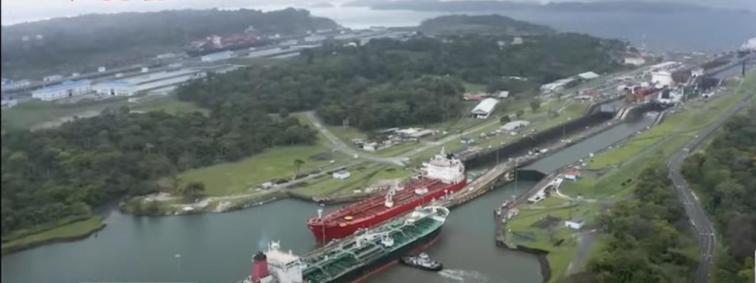
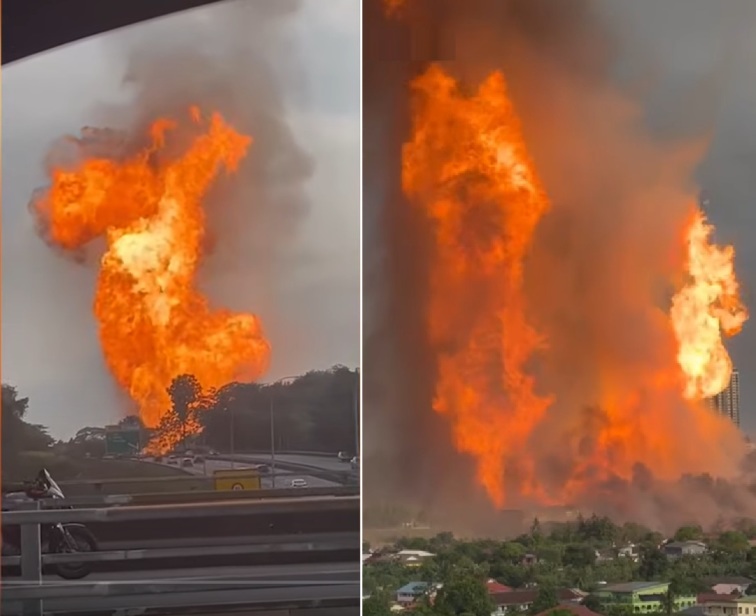
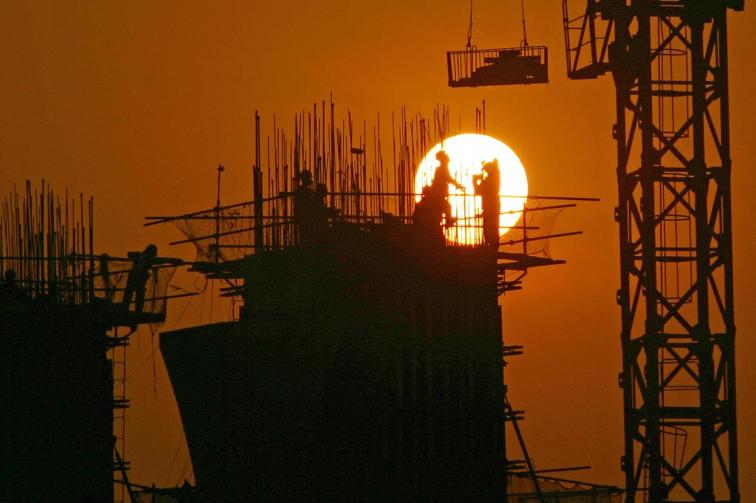
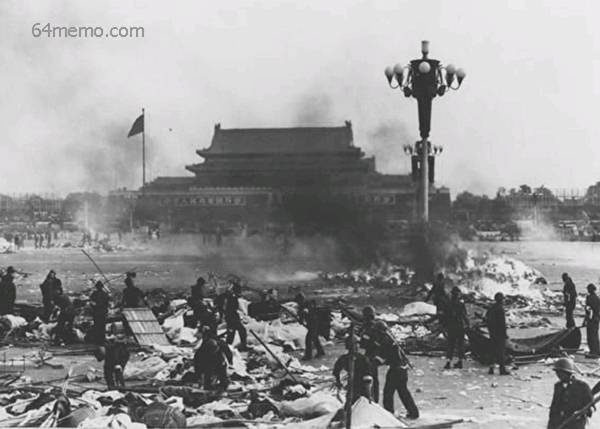


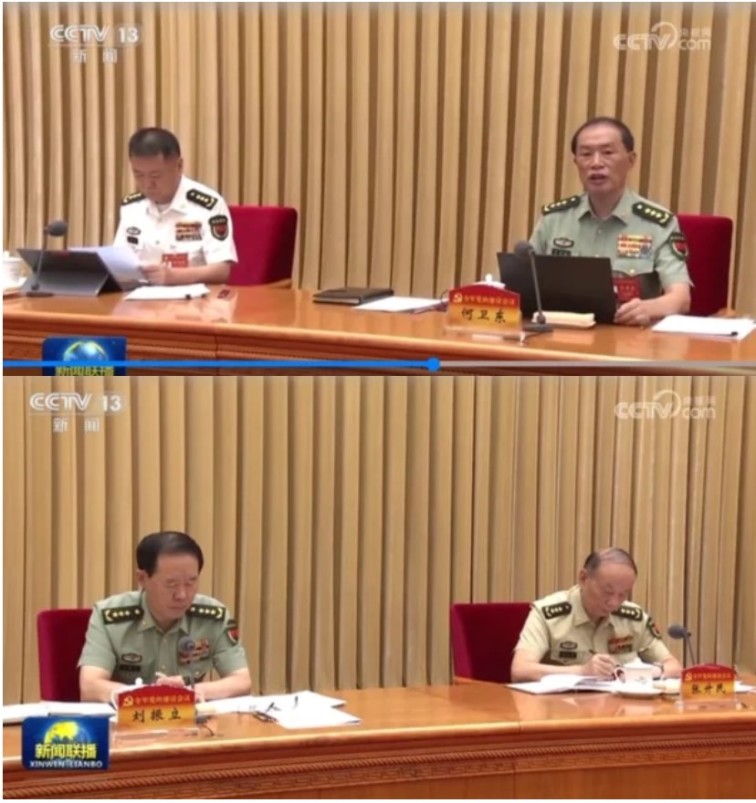

News magazine bootstrap themes!
I like this themes, fast loading and look profesional
Thank you Carlos!
You're welcome!
Please support me with give positive rating!
Yes Sure!